ACBVI P.R.I.D.E PROGRAM
Promoting
Resourcefulness
Independence
Dignity
Employability
Donate Today!
Over 250,000 individuals in Arizona are Blind or Visually Impaired. Make a donation today to support the mission of ACBVI in changing lives!
Donate TodayACBVI P.R.I.D.E PROGRAM
Client Intake Packet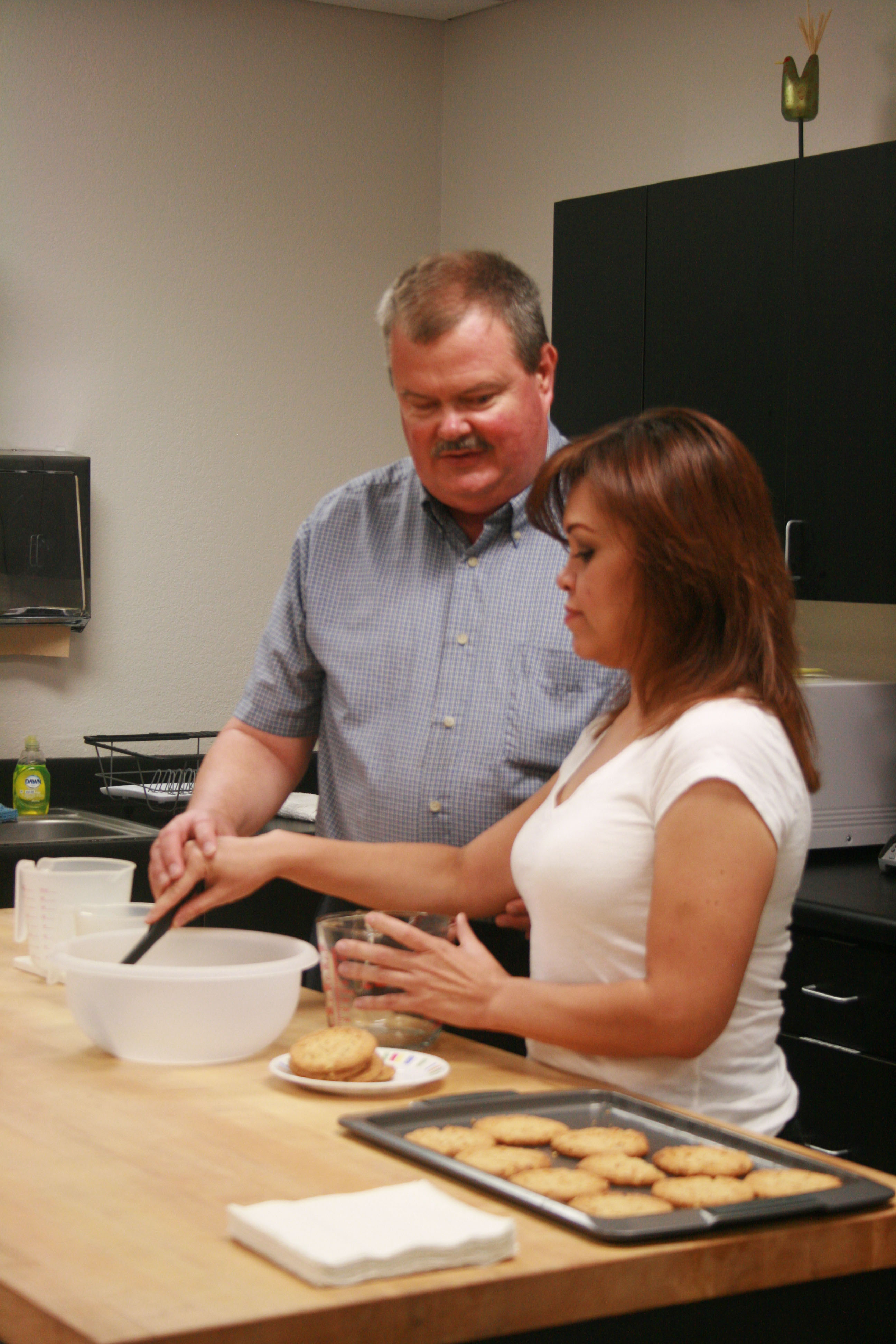
- Assistive Technology Assessment & Training
- Information & Technology Certification
- Orientation and Adjustment to Blindness
- Adaptive Living Skills Training
- Supported Education
- Vocational Assessment
- American Sign Language for Combined Vision and Hearing Loss (CVHL)
- Orientation & Mobility Training.
- Low Vision Evaluation & Training in the Use of Aids & Devices
- Career Exploration and Readiness Training
- Social/Leisure Skills Development

ASSISTIVE TECHNOLOGY
Assistive Technology is the instructional area that teaches the skills necessary to utilize specialized software and equipment to successfully operate a computer. This includes evaluating the needs and ability of each person to use screen magnification, screen readers, speech recognition software, and Braille to access the computer and peripherals with skills and confidence as related to their individualized rehabilitation goals. In addition, learn how to use and access Smart Phone and Digital Recorder. For those with Combined Vision and Hearing Loss, learn how to use devices and other systems accessible for both the hearing and vision loss, including videophone and captioned telephone, and assistive listening devices.
ORIENTATION AND ADJUSTMENT TO BLINDNESS
Adjustment to disability counseling is offered to those who need support in living with vision loss or to Combined Vision and Hearing Loss (CVHL) and in support of guidance and intervention. This can be provided in individual, family and peer support group environments. Additionally, counseling in the adjustment to disability group sessions will also focus on education regarding rights and responsibilities, as well as benefits and supports available to the blind and visually impaired community, as well as the Combined Vision and Hearing Loss (CVHL) community. An investigation and explanation of community resources available to individuals with vision loss and those with CVHL, and exposure to the consumer organizations. Self-advocacy is promoted in order to achieve positive outcomes in community reintegration.
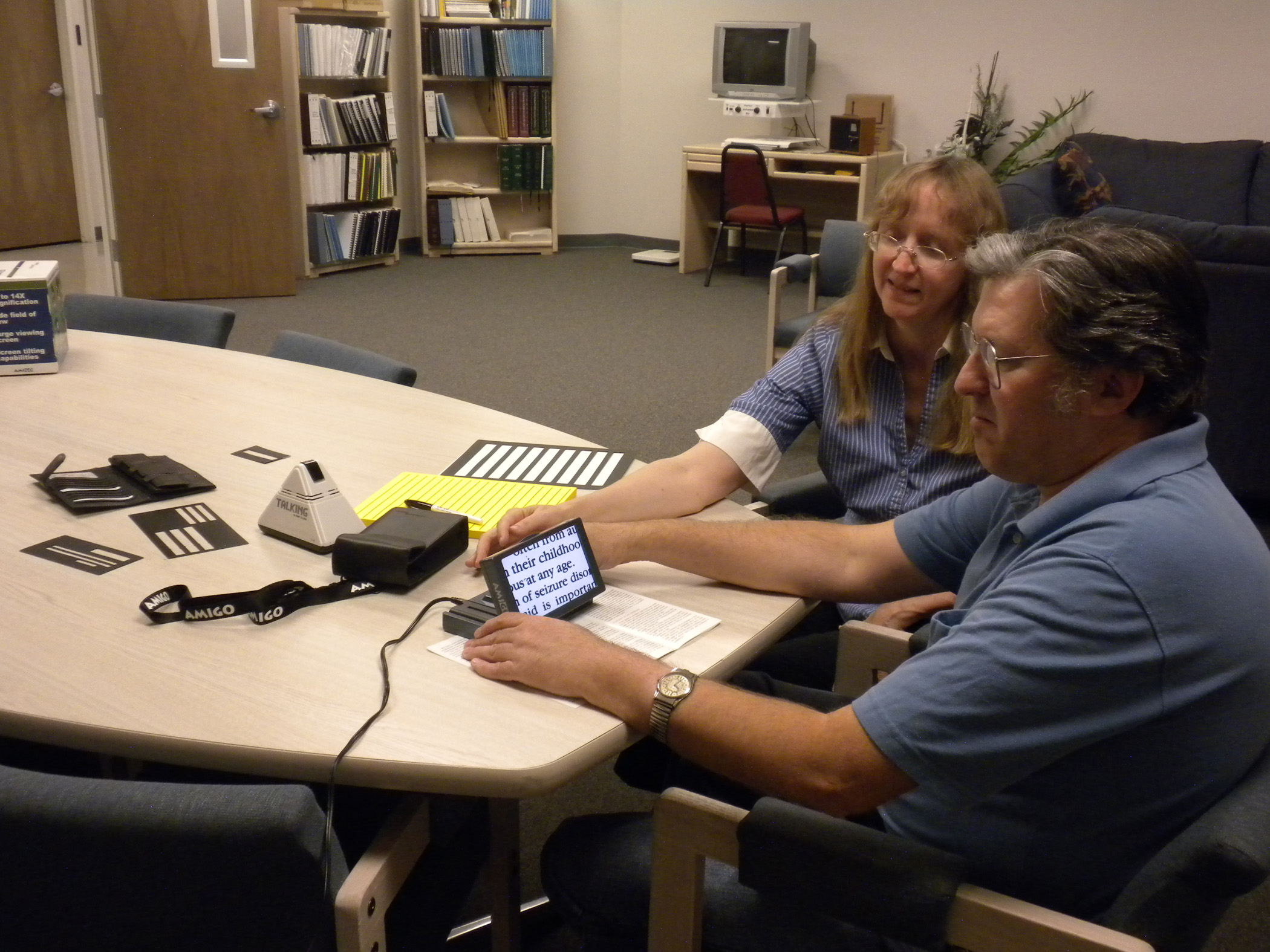
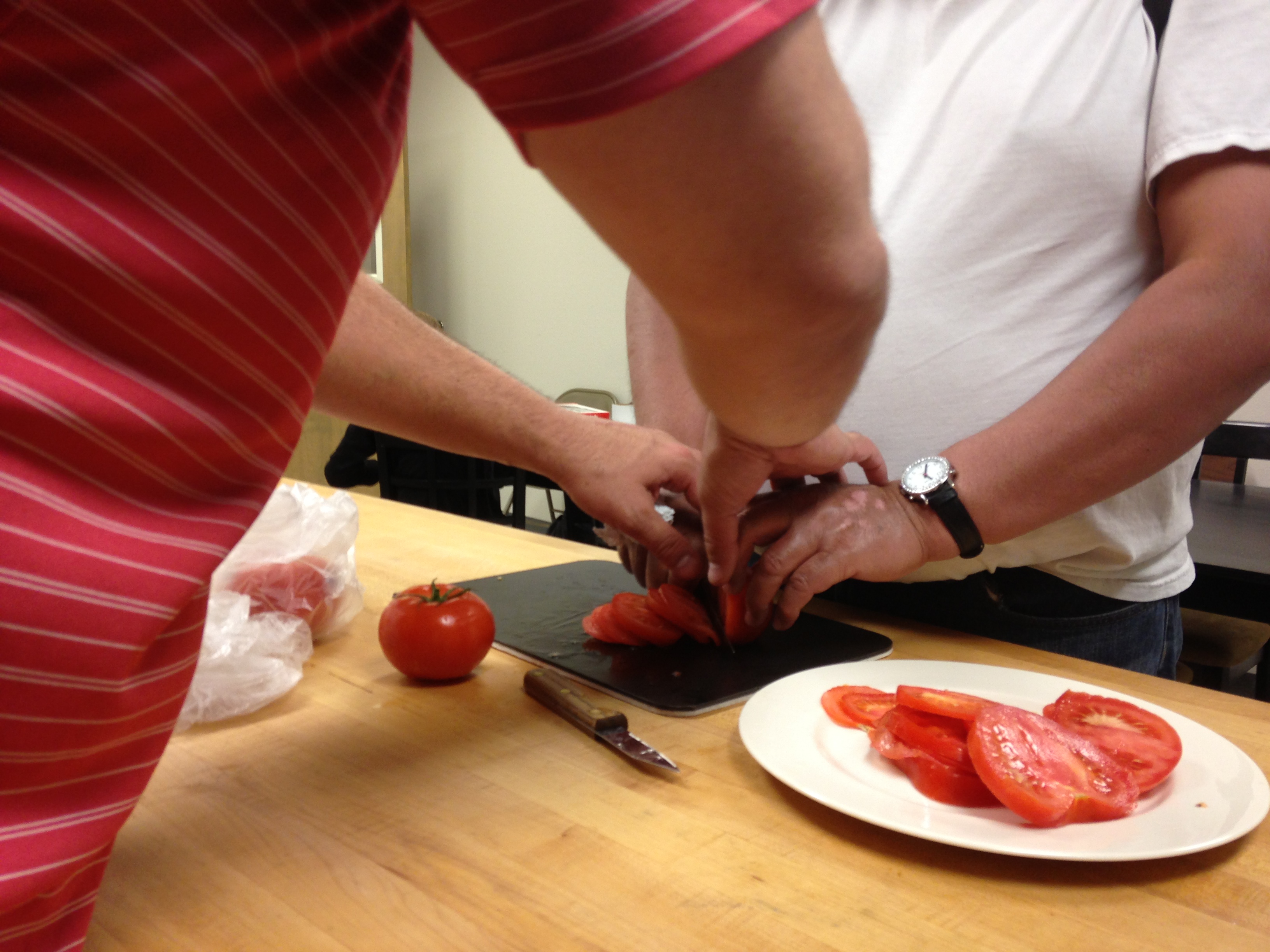
ADAPTED DAILY LIVING SKILLS TRAINING
Rehabilitation Teaching is the instructional area that addresses the daily tasks necessary to manage every day activities in order to regain independence. These skills encompass the broad range of activities including personal grooming, food preparation, eating skills, household management, organizational skills, labeling techniques, and time management skills that serve to increase an individual's independence in their home and personal life. Communication skills where opportunities are provided to learn Braille, utilization of specialized audio products, typing and keyboarding skills, hand writing and use of various writing devices, sign language, and the use of assistive technology to accomplish the storing and retrieval of information, reading, managing financial records, etc.
ORIENTATION & MOBILITY TRAINING
O & M is the instructional area where persons are provided training to effectively use their remaining senses in a compensatory manner. Provides training in the proper utilization of protective techniques and assistive devices, in order to independently travel in a safe, efficient and confident manner in both familiar and unfamiliar environments. Travel devices include the long cane, support cane, telescopic aids, absorptive lenses and alternative mobility devices such as walkers. Electronic mobility devices cane demonstrated and instruction provided as deemed necessary by the vocational rehabilitation counselor and client (agency has certified electronic travel device instructor). Individuals who utilize a dog guide can be provided with orientation and familiarization to various travel environments. Travel situations for all orientation and mobility clients will include navigation inside restaurants and stores, safely crossing the street at controlled and uncontrolled intersections, locating landmarks, utilization of public transportation, independent travel lessons, etc.
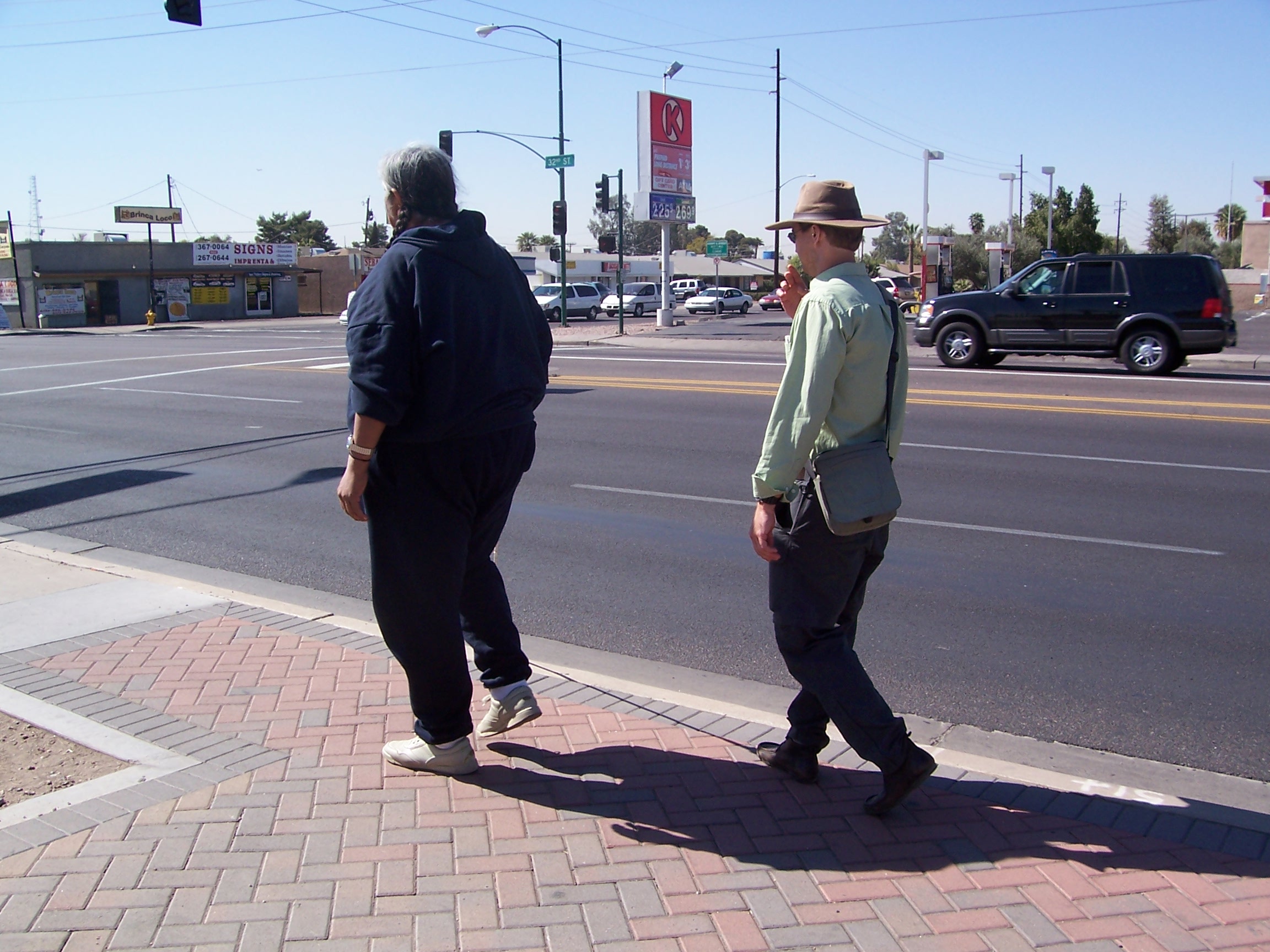
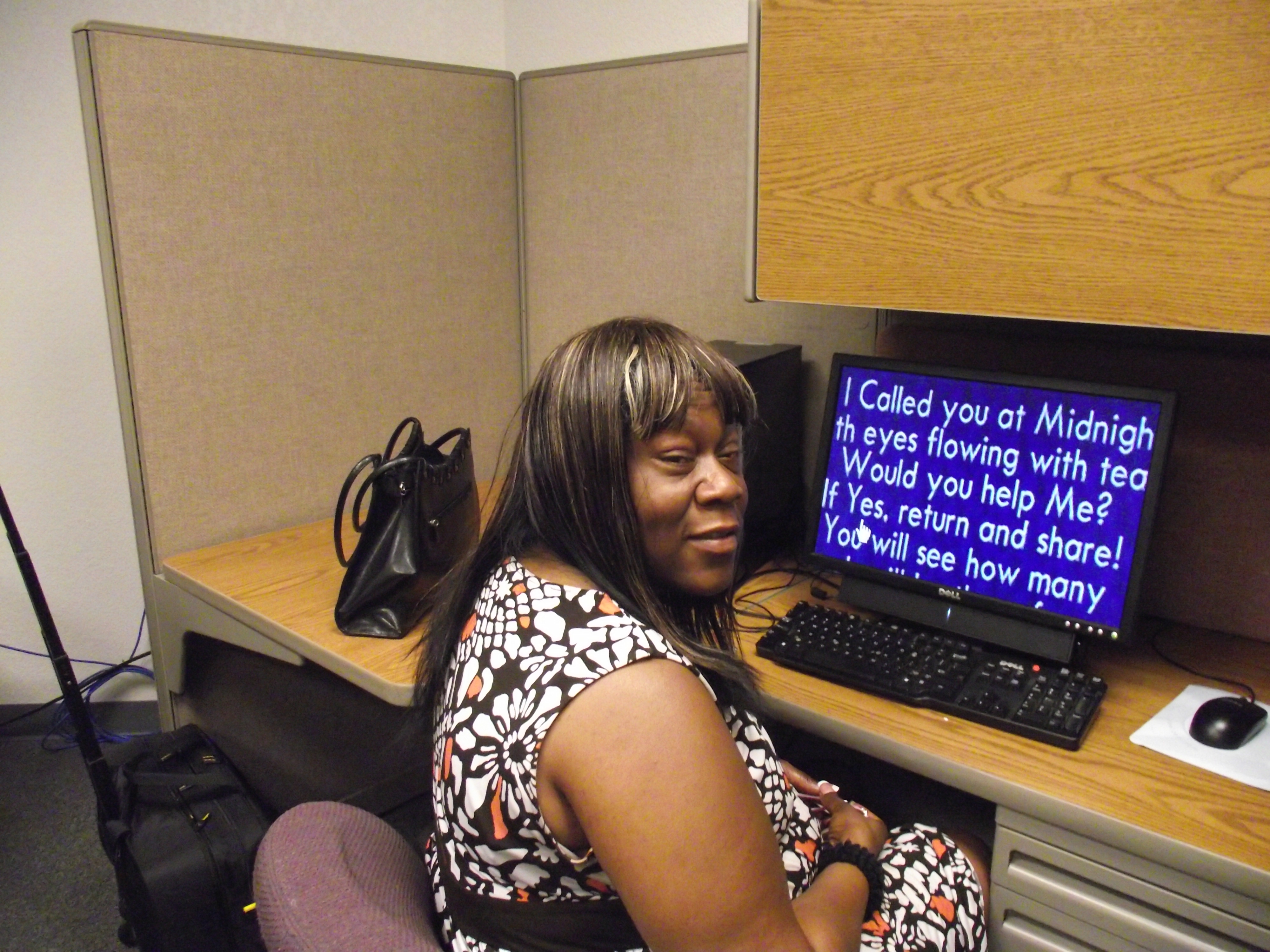
CAREER EXPLORATION and READINESS TRAINING
This Section of the program will concentrate on research and development of career goals, resume development, detailed job search training, interview and presentation skills development, active job search and networking skills. As a part of job readiness, will learn American’s with Disabilities Act (ADA). This includes identification of reasonable accommodations, self-disclosure, and the rights and responsibilities of both the individual with the disability/disabilities and the employer.
Supported Education
Identifying education and/or training requirements for the vocational goal. Utilizing educational resources, identifying educational costs, exploring and finding financial aid resources and options. Assist with registration for training such as orientation to the school and services, introduction to Disability Services Resource. Provide instructions in writing papers, handling visually-oriented information, independent travel in an educational environment, and using a reader.
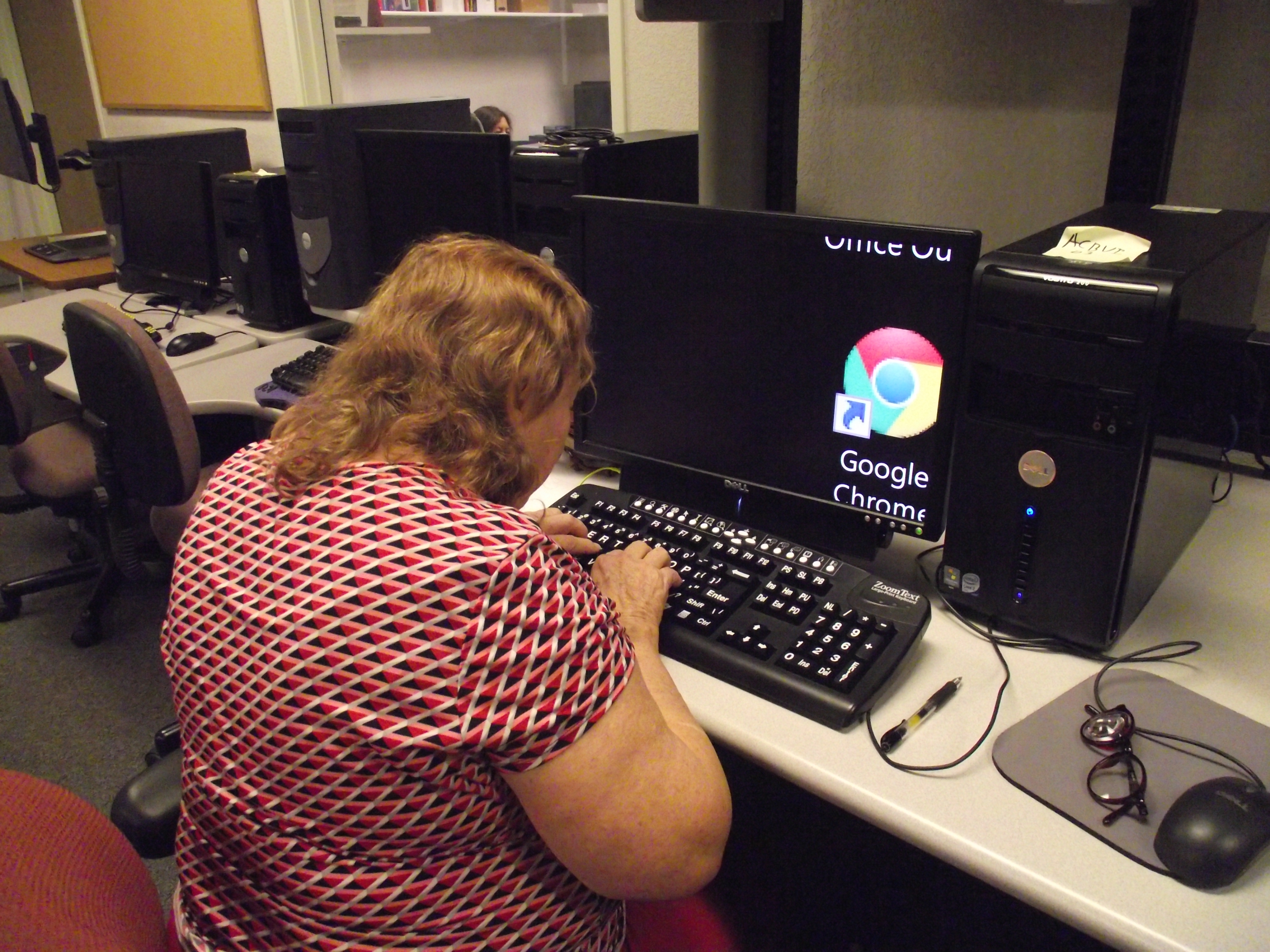
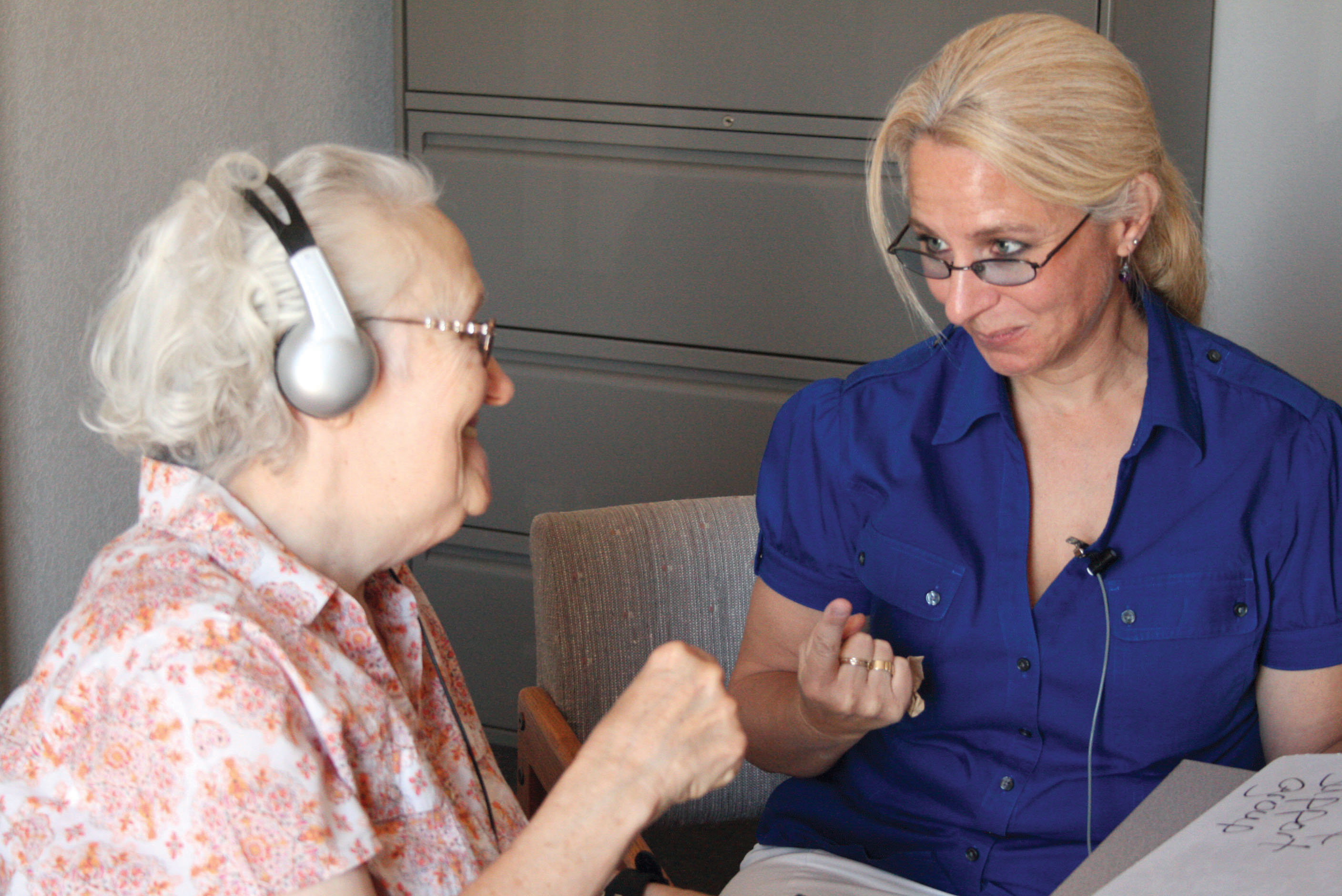
VOCATIONAL EVALUATION
The vocational evaluation is a tool to help identify a career goal through vocational interest, personality, aptitude and academic assessment. Help to identify learning style and to provide some career information, exploration, guidance, and counseling. This supplements the career exploration process in identification of an appropriate career goal.
Information & Technology Specialist Certification Program
ACBVI proudly recognizes the fact that as an IT ambassador, we acknowledge IT has become a competitive field accessible to individuals who blind, visually impaired or have combined vision and hearing loss. Clients entering this program must meet specific requirements regarding assistive technology prior to enrollment. The A+ DST I program at ACBVI prepares clients for the world of technology. Specifically, it prepares them for the entry-level IT career paths in various IT-related positions. For example: IT Support Specialist; Help Desk Technician; Desktop Support Technician; PC and Hardware Repair; Software installation, repair, and maintenance Our DST I program will prepare individuals to become proficient in IT domains such as: Computer repairs; Software & operating systems; Network administration; Information security; Cloud computing; Troubleshooting of both desktops and mobile devices. The second half of the program, DST II emphasizes in depth the topics of Networking and/or Security in the IT sector Provides upper level specialty expertise and employment opportunities. It’s an excellent way for working towards a permanent career goal in the highly demanding industries in the Information Technology field.
